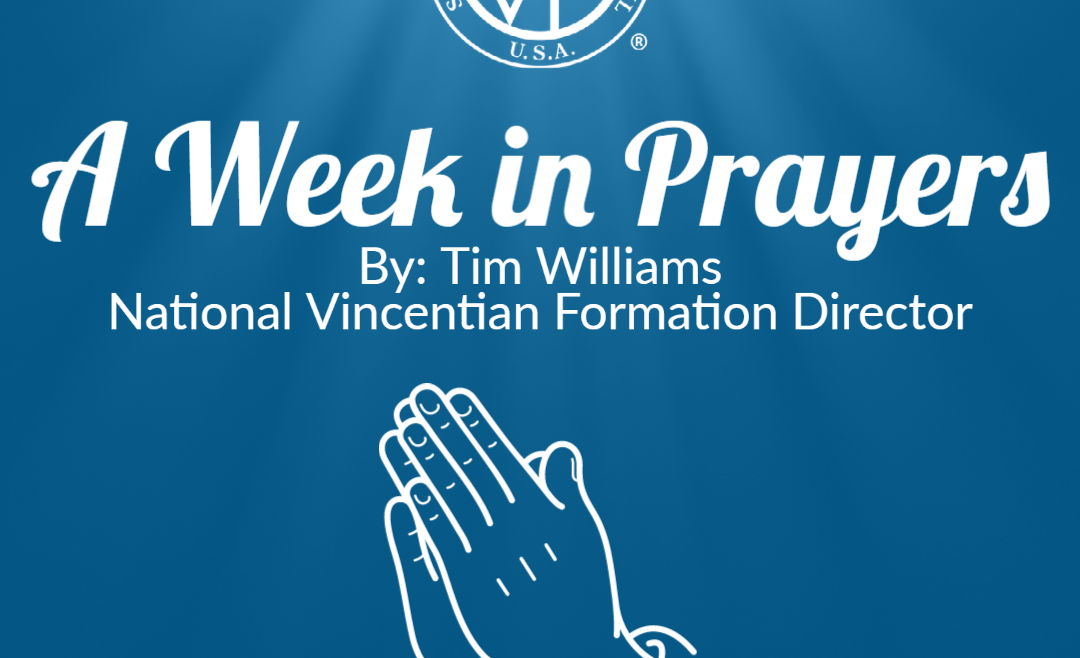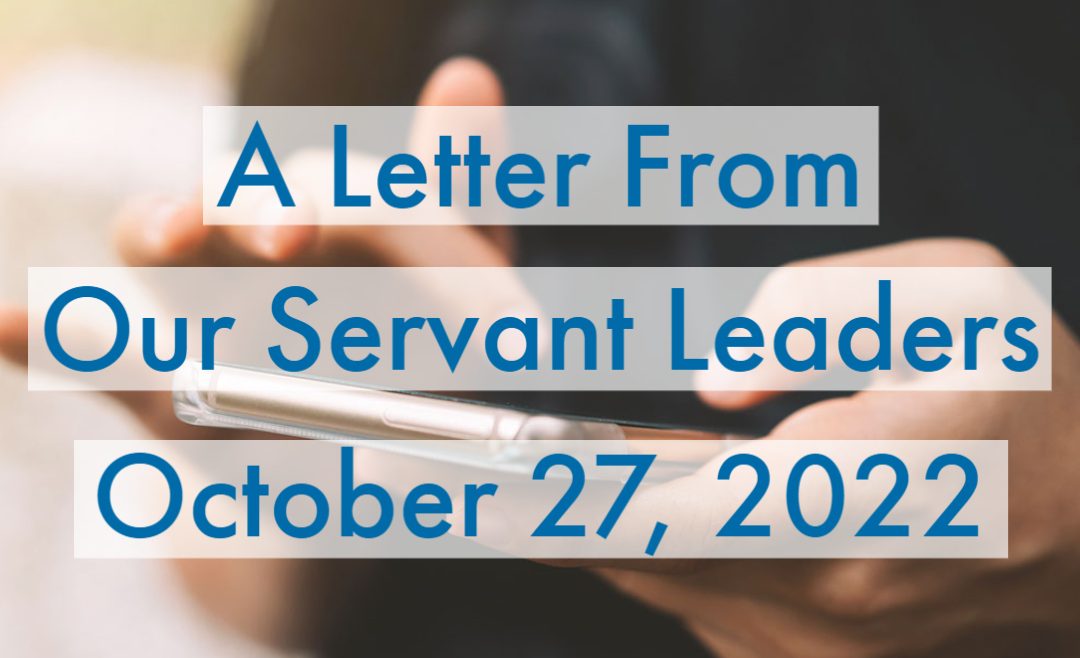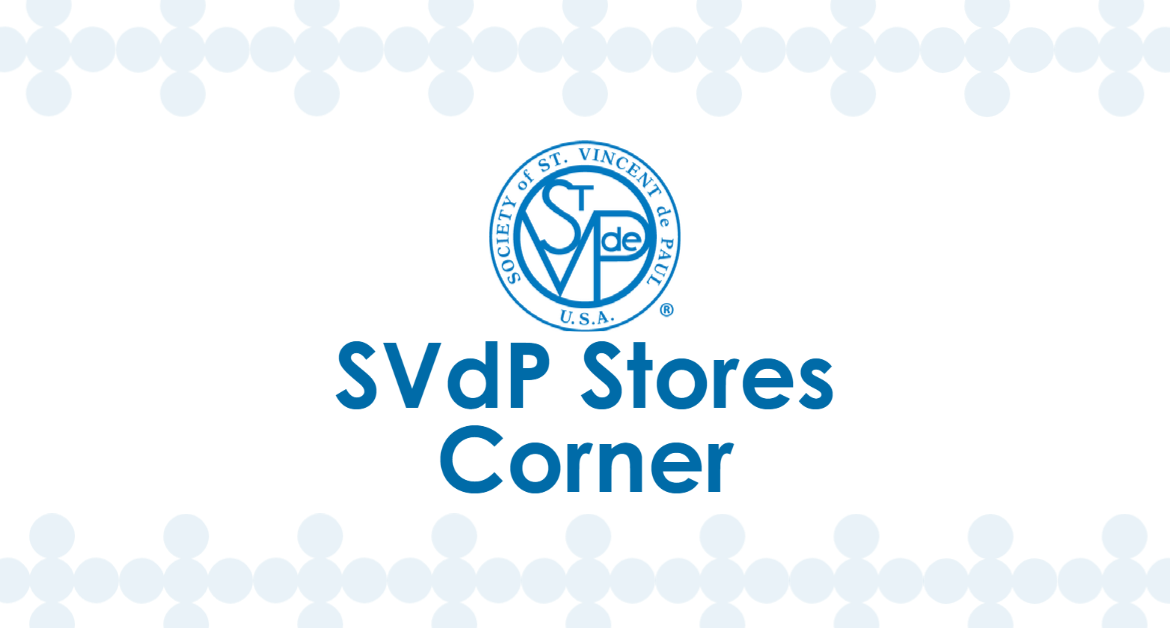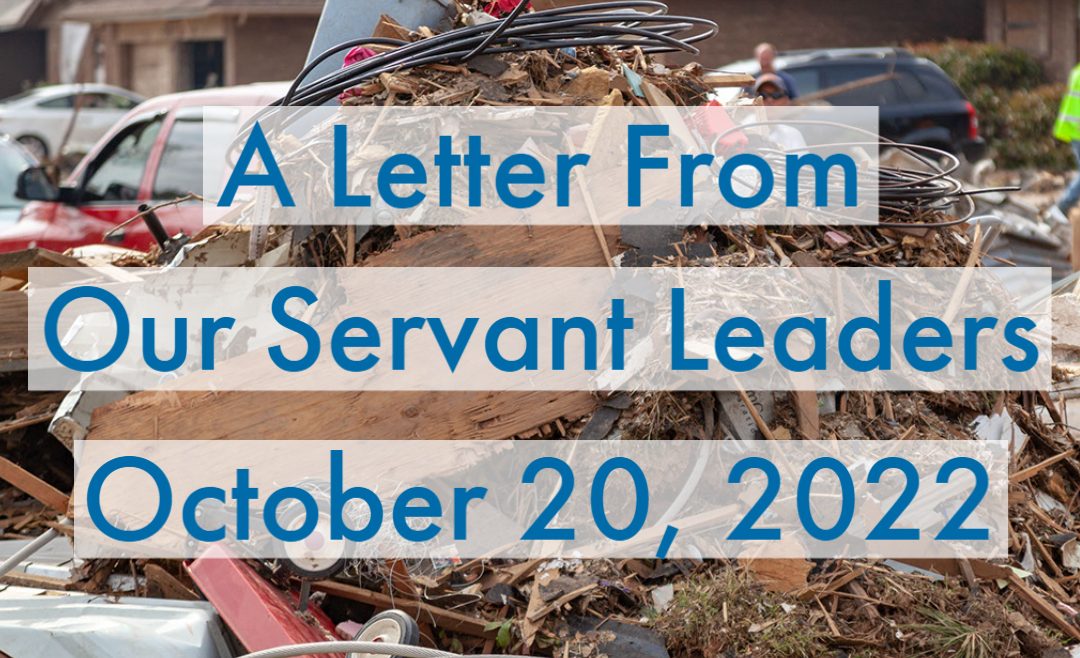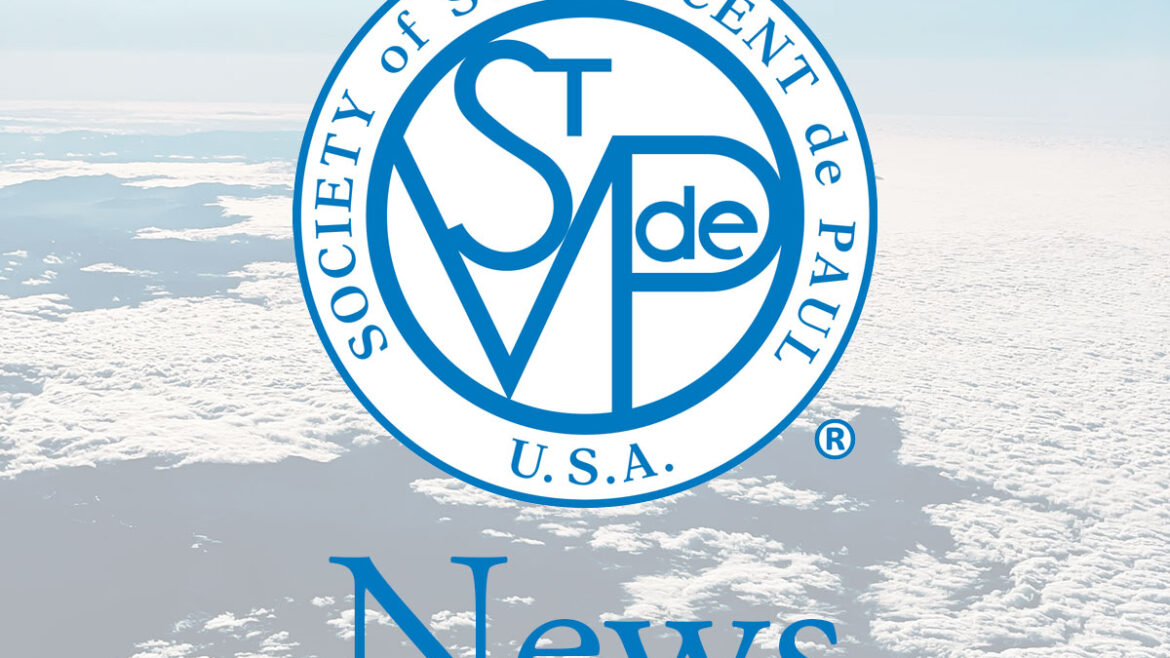Monday, October 24
Lord Jesus, make me small,
Make me the least
Make me the last
Make me the servant
Make me the one who follows
Let me be Your disciple.
Amen
Tuesday, October 25
Lord bless my small works of charity,
So that they may be like the seed
Whose roots are planted firmly
And whose branches reach skyward.
Though I may never see it grow
Help me plant the seed,
And bless the neighbors that I serve.
Amen
Wednesday, October 26
Lord Jesus,
Help me to suffer as You did,
With gentle resignation
To the will of the Father,
And love for Your people
Your neighbors, Your friends.
You turned the humility of the cross
Into the glory of the resurrection.
Lead us to glory, O Lord!
Amen
Thursday, October 27
O Jesus, my Jesus,
Alone on the cross,
How can I serve You today?
With humble devotion,
With love for the Father,
With troubles enough for the day.
O Jesus, my Jesus,
The way, truth, and life,
How can I serve You in love?
By serving my neighbor,
Loved as myself,
For the sake of the Father above.
Amen
Friday, October 28
God the Father,
Lord of all,
Give me the strength to serve.
Jesus Christ,
Son of God,
Show me the way of life.
Holy Spirit,
Come to me,
Light my heart on fire.
Amen

